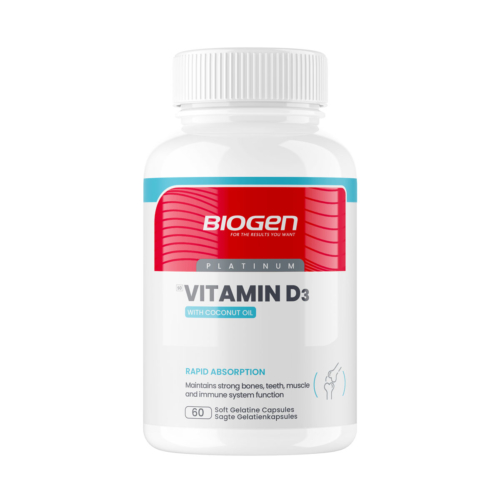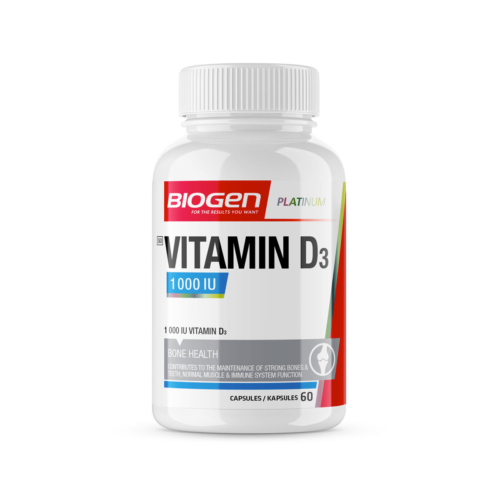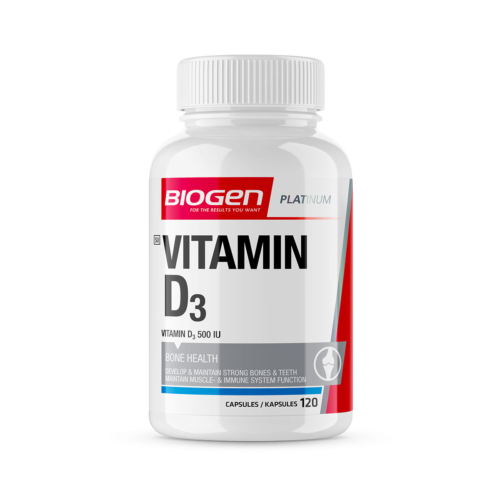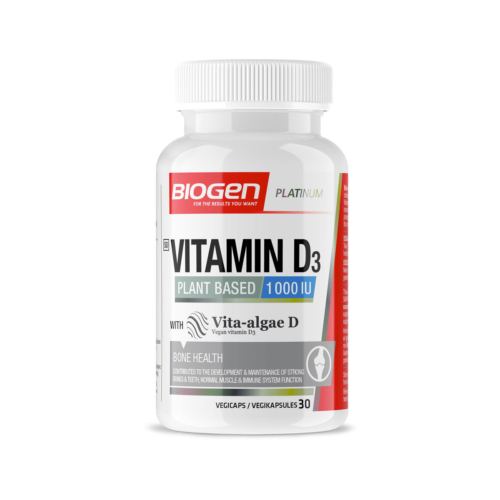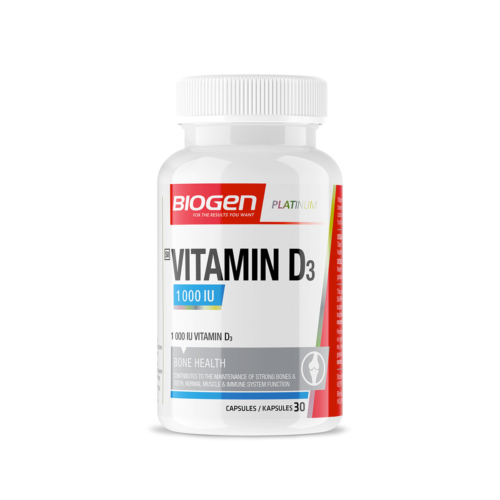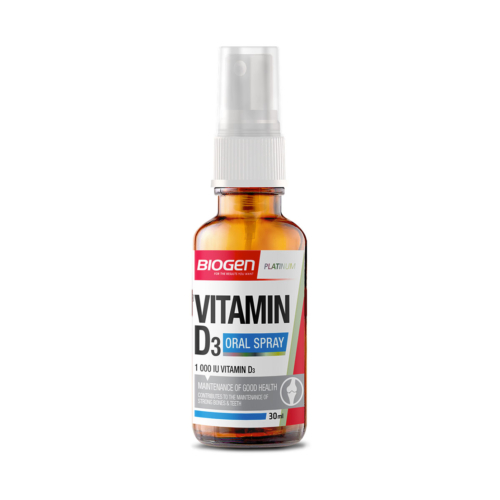The December holiday is the ideal time to soak up some summer sunshine to get more vitamin D
an important nutrient to regulates numerous important processes in our bodies, from immunity and bone health to optimal metabolic function and heart health.
Most people could do with added vitamin D as it is one of the nutrients with one of the highest rates of deficiency (together with vitamin A2 and vitamin B12)1.
How your body makes vitamin D
Your body primarily creates vitamin D through direct sun exposure by synthesising cholesterol via the action of sunlight on a form of vitamin D contained in the skin called cholecalciferol (also known as vitamin D3), which is then stored in the body as it is a fat-soluble vitamin.
We also get vitamin D from dietary sources including egg yolks, beef liver, and fatty fish, such as tuna, herring, mackerel and salmon, as well as fortified dairy and cereal products and supplements.
What’s with the deficiency?
Various factors contribute to the prevalence of vitamin D deficiencies in modern society, with reduced exposure to ultraviolet (UV) rays a major cause.
In an effort to reduce our risk of skin cancer, we regularly apply broad-spectrum sunscreens and spend less time outdoors when ultraviolet rays are strongest. Yet, 50-90% of vitamin D is absorbed through the skin via sunlight3.
We also get less vitamin D from our modern diets, with poor absorption due to common digestive issues such as celiac disease, inflammatory bowel disease (IBD), chronic pancreatic insufficiency, and cystic fibrosis, among others3, often compounding the issue.
Boost your health
Boosting vitamin D levels is vital for optimal bone health, as it regulates calcium absorption, and proper immune function.
Vitamin D also regulates gene expression across at least 160 pathways that have a wide variety of biologic functions4, and plays an important role in human development in the womb5,6.
Without sufficient vitamin D, we can experience numerous health-related issues, such as rickets in children and osteoporosis in adults, as well as cancer, cardiovascular disease, diabetes, autoimmune diseases, and depression3.
4 ways to boost your Vitamin D levels:
- Boost skin to the sun’s ultraviolet rays for a few minutes each day. Optimal durations vary depending on skin type.
- Get this ultraviolet exposure as near to solar noon as possible – generally between 10h00 and 14h00.
- Add more vitamin D-rich foods to your daily diet.
- Supplement with Vitamin D3 products if additional support is required.
Emerging research continues to affirm the essential role vitamin D plays in human health and continually expands the list of conditions and diseases linked to a deficiency.
For example, a study7 that gave half of the 21 302 elderly (aged 60-84) participants in the study a monthly 60 000 IU dose of vitamin D3 (the other half received a placebo) found that: “Vitamin D supplementation might reduce the incidence of major cardiovascular events”.
This finding was echoed in another study8. Findings published in the American Heart Journal found that taking higher-than-recommended doses of vitamin D for five years reduced the risk of atrial fibrillation in older men and women.
In relation to vitamin D’s link to reduced cancer risk, researchers from the University of Eastern Finland and Kuopio University Hospital observed fewer cases of melanoma among regular users of vitamin D supplements than among non-users. The findings were published in the journal Melanoma Research9.
And there are potential brain benefits, too, as findings from a recent large-scale study10 suggest that taking vitamin D supplements may help ward off dementia.
When researchers at the University of Calgary’s Hotchkiss Brain Institute in Canada and the University of Exeter in the UK explored the relationship between vitamin D supplementation and dementia, the team found that taking vitamin D was associated with living dementia-free for longer, and that the group who took supplements experienced 40% fewer dementia diagnoses.
In a 2021 meta-analysis published in the journal Nature Reviews Endocrinology11, researchers showed how correcting severe vitamin D deficiencies with supplements “modestly delays age-related bone loss and progression to T2DM, and improves lung function” and that “vitamin D supplementation results in a modest decrease in cancer mortality”.
In supplement form, vitamin D is available in capsules, most commonly as vitamin D3 (cholecalciferol). Products like Biogen Vitamin D3 1000IU aim to increase circulating vitamin D levels.
Vegans and vegetarians can also benefit from supplemental vitamin D with a product like Biogen Vegan Vitamin D3 1000IU, which contains Vita-algae D™, a sustainable vegan-friendly form of cholecalciferol derived 100% from algae.
We can also use a sublingual spray to deliver vitamin D directly into the bloodstream. Spraying Biogen Vitamin D3 Oral Spray into your mouth as directed delivers 1000 IU per dose, which is potentially a more efficient means to boost circulating levels as it by-passes the digestion process and diffuses through tissues under the tongue, an area rich in blood vessels.
As vitamin D requirements are highly individualised, any recommended supplemental approaches should be determined in consultation with a qualified healthcare practitioner.



